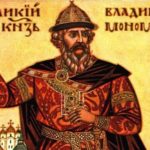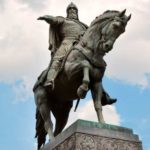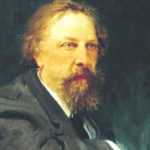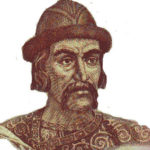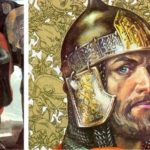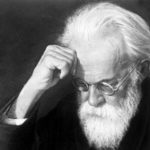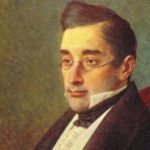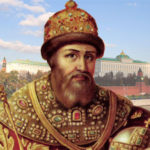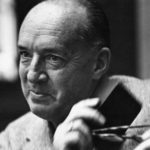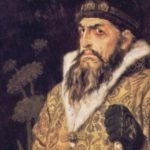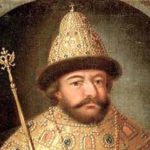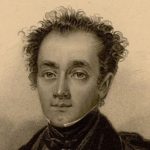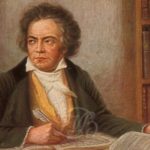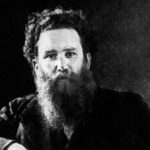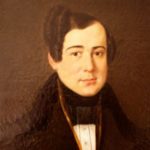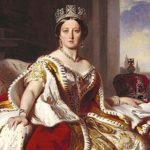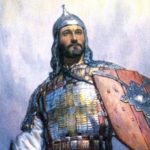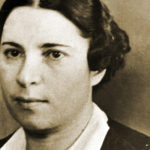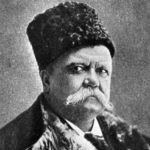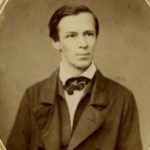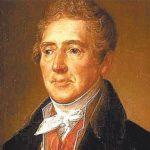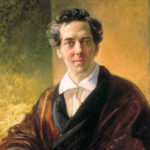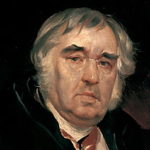Interesting facts about Prince Vladimir Odoevsky
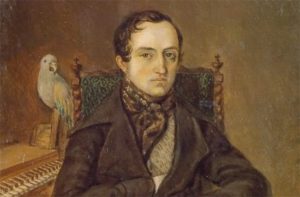 Prince Vladimir Odoevsky became famous not because of his high origin. Of course, financial security and family ties practically guaranteed him personal success in life, but he left a trace in history as a talented musicologist, writer and philosopher. Deep reflection on the most serious issues, coupled with a sharp mind and a good education made the prince a true hero of his time.
Prince Vladimir Odoevsky became famous not because of his high origin. Of course, financial security and family ties practically guaranteed him personal success in life, but he left a trace in history as a talented musicologist, writer and philosopher. Deep reflection on the most serious issues, coupled with a sharp mind and a good education made the prince a true hero of his time.
The prince’s mother was a simple peasant serf.
Being an orphan in early childhood, young Vladimir was brought up by a great-uncle, a general who provided him with a good education.
The origin of Odoyevsky goes back to one of the oldest branches of the Rurik dynasty.
Even in his youth, the prince firmly decided that literature was his vocation.
For a long time, Odoyevsky was one of the publishers of the literary anthology “Mnemosyne”, which published works by such authors as Pushkin and Griboedov.
Peru, Vladimir Odoyevsky, belongs to the utopia novel “The 4338th Year: Petersburg Letters”, in which he predicted such things as spaceflight, the Internet and photocopying long before they were invented. Unfortunately, the novel was never finished.
At one time, Odoyevsky was actively addicted to magic and alchemy. Because of this, the nickname “Russian Faust” stuck to him.
In the 30s and 40s of the 19th century, he wrote and published many children’s fairy tales.
Throughout his life, the prince was actively involved in charity work, at his own expense repairing many orphanages and building several hospitals.
Prince Odoyevsky is often called one of the first Russian music critics.
He also invented a unique clavicon, which is something like a piano with twice the number of black keys. The musical instrument made according to his drawings has survived to this day.
Vladimir Odoyevsky took the initiative to put question and exclamation marks on both sides of the sentence, and not only at the end, as is done in Spanish.
The prince also produced several regular journals for peasants, in which they spoke in a simplified language about science and medicine.
He celebrated the New Year not on January 1, but on February 19, the day of the abolition of serfdom, as he considered this day to be the beginning of a new era.
Odoyevsky had no children and did not leave direct descendants behind him.
